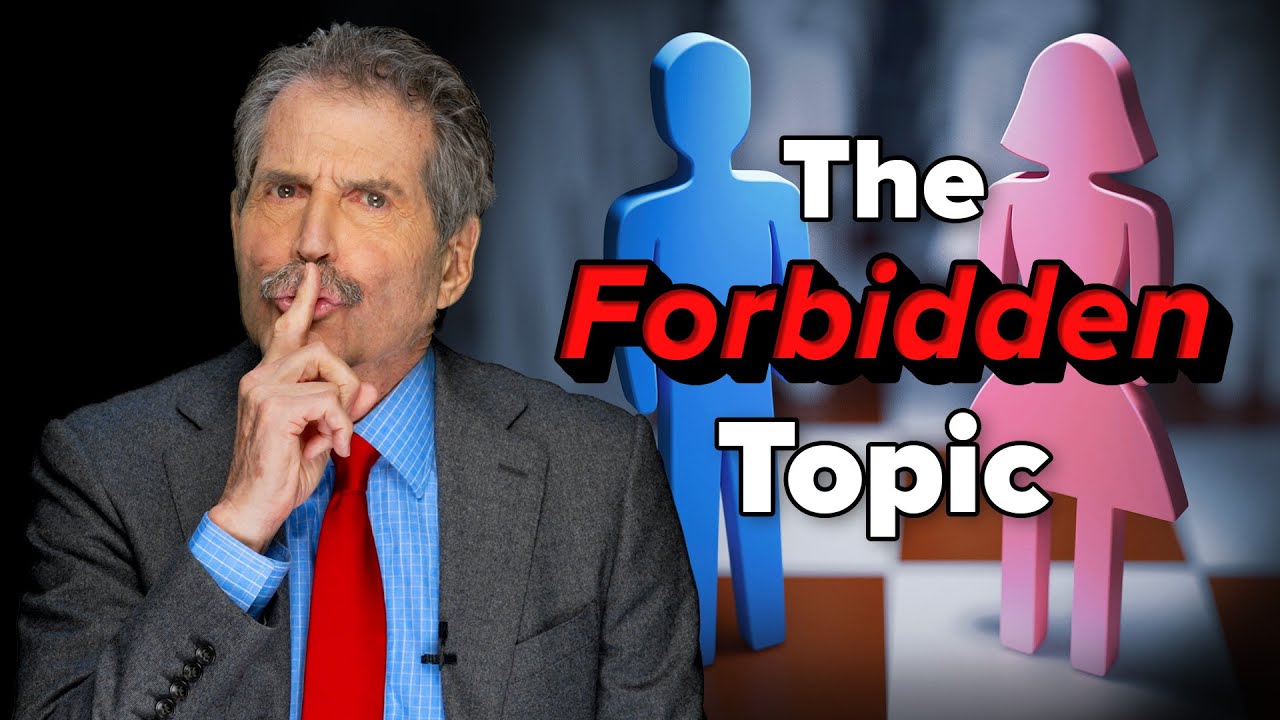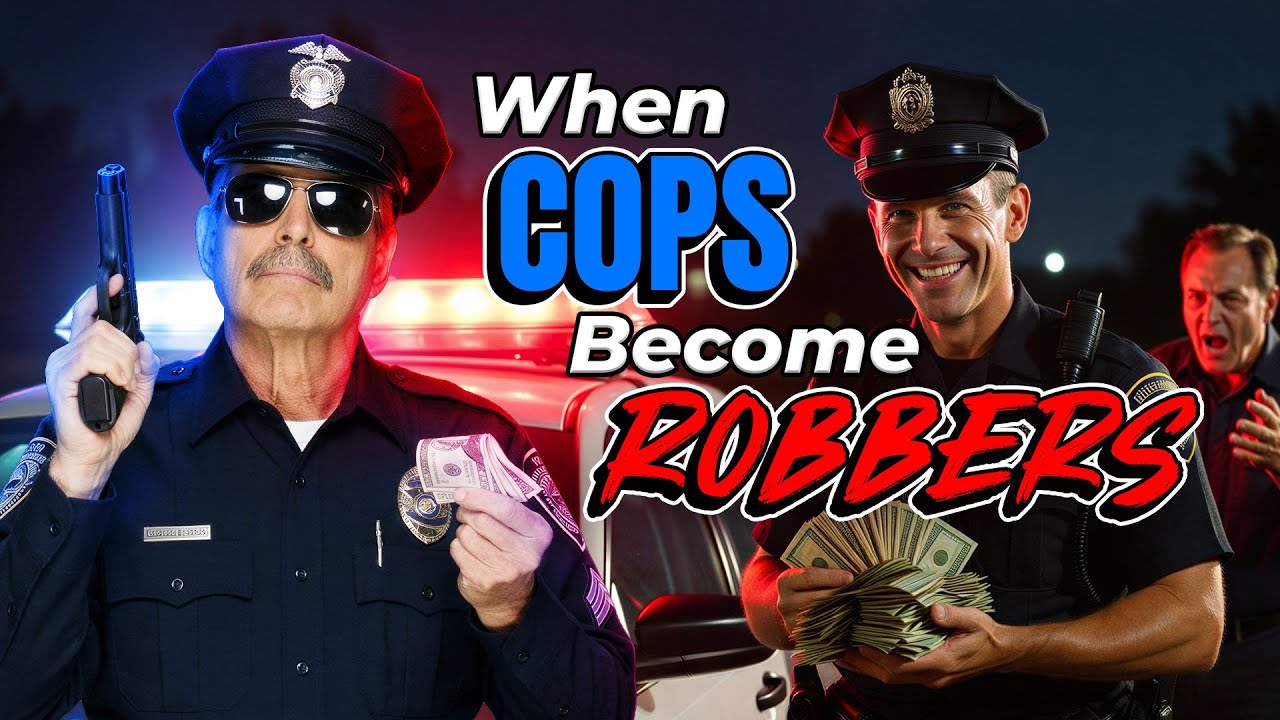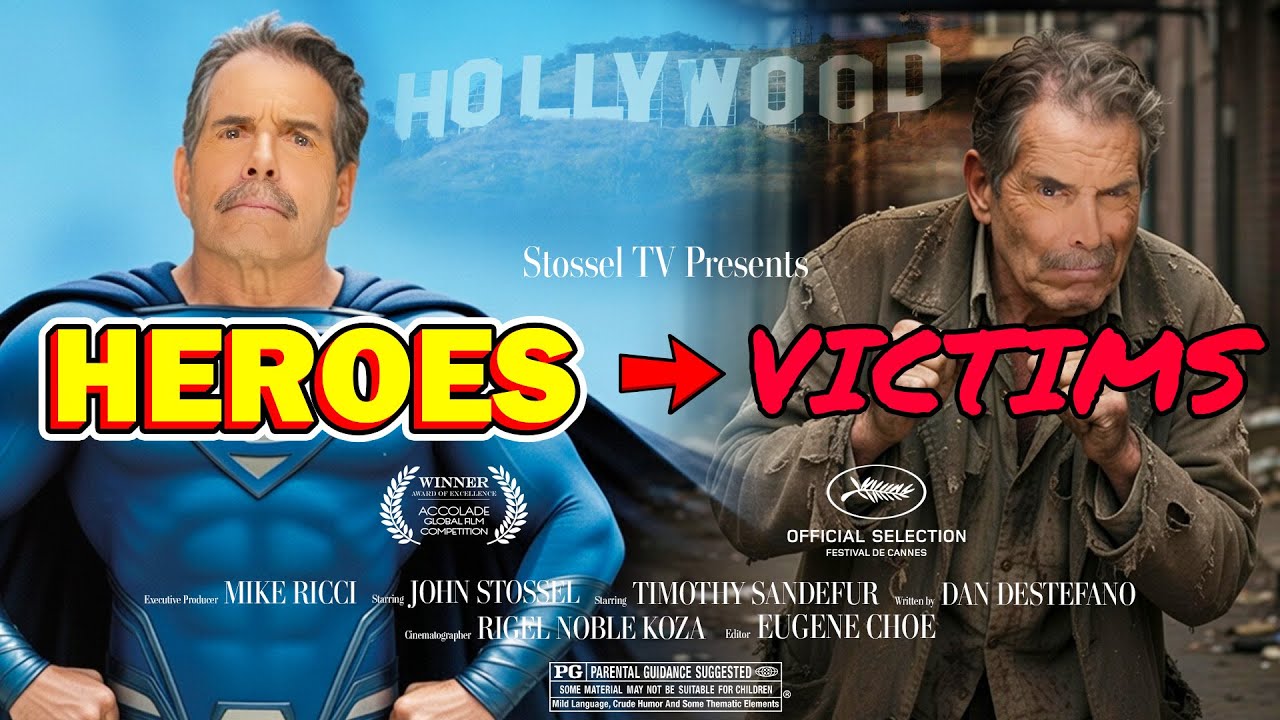john stossel
John Stossel is an American libertarian television presenter, author, consumer journalist, political activist, and pundit. He is known for his career as a host on ABC News, Fox Business Network, and Reason TV.

NATCHEZ MONUMENT COMPANY: Love. Beauty. Craftsmanship. 601-445-5912, 680 Hwy. 61N, Natchez. Visit our website: natchezmonument.com. Since 1953, our monument company has proudly served the Miss-Lou and its families with the very important selection of memorials ensuring quality, service and affordability. We offer a one-stop solution: able to both design and create the perfect monument, as well as set it in the cemetery. Certified Memorialist. Member Monument Builders of North America and Southern Monument Builders.
Brookhaven Monument, 601-833-5701, 807 Hwy. 51N, Brookhaven, brookhavenmonument.com. McComb Monument, 601-684-3111, 430 S Broadway, McComb, mccombmonumentco.com.
You can read more of John Stossel's writing at www.johnstossel.com.

-----
Contact Us
News for Southwest Mississippi and East Central Louisiana, including Adams, Jefferson, Franklin and Wilkinson counties and Concordia and Catahoula parishes.
Offices:
15044 Blue Marlin Terrace, Bonita Springs. FL 34135
601-431-2990
missloumagazine@gmail.com
Peter Rinaldi, publisher
Clarisse Washington, editor emerita






